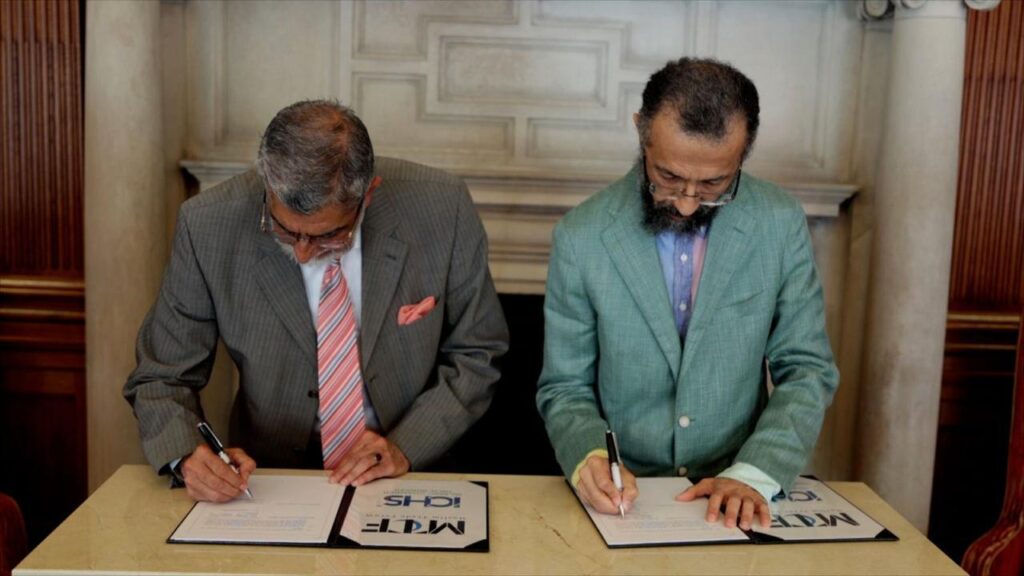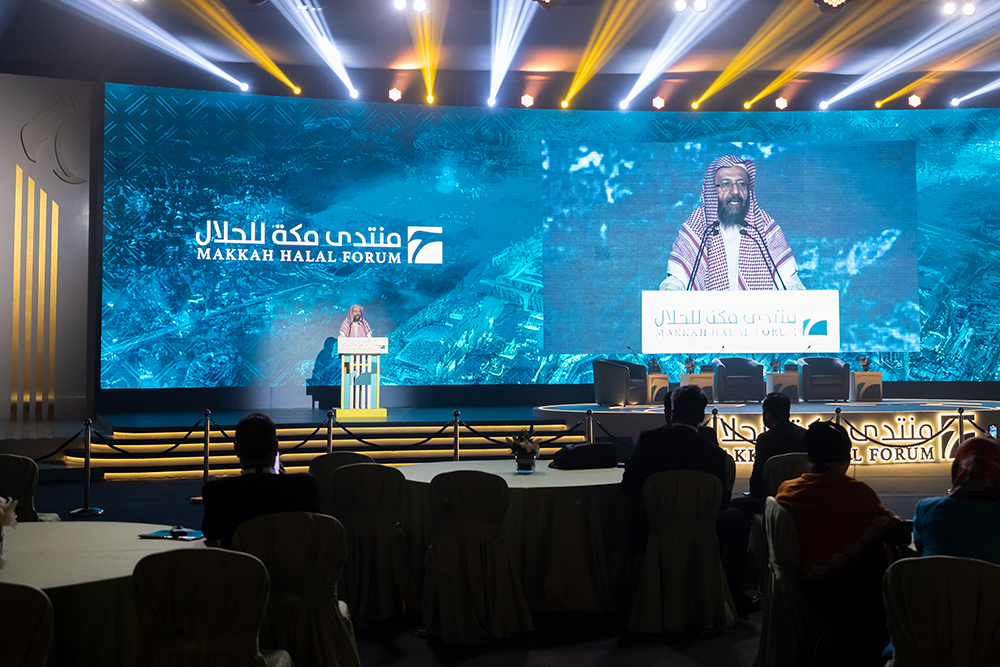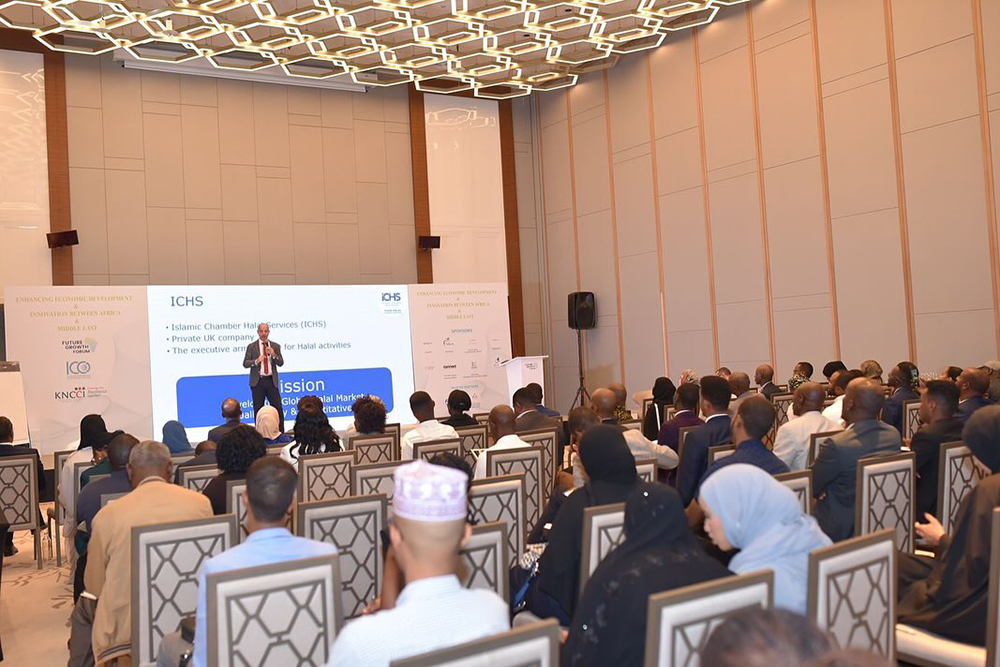Do All Manufacturers Need to be Halal Certified?
Do All Manufacturers Need to be Halal Certified?

The Halal market is growing at breakneck speed outgrowing other alternative markets such as Vegan and Organic combined.
Although meat is the most famous Halal product, Halal encompasses food, additives, catering, cosmetics, travel, fashion and more.
This market, now valued at over $8 Trillion represents an amazing opportunity for growth for thousands of manufacturers across many verticals.
This leads us to this Question: Do manufacturers and producers need Halal certificates for their products to be able to capitalize on this market?
To answer this questions, we must make an initial differentiation:
- 1) Will you be offering your products in Muslim countries
- 2) Will you be offering your products in Non-Muslim countries
To sell in Muslim countries, producers need to gain a clear understanding of the country requirements.
Some countries like Indonesia have concise regulations for food, beverage, and cosmetics. whereby any product that is imported into the country needs to be Halal certified.
Other countries have requirements for Meat products only (fresh, processed or even ingredients) to be Halal certified while other Muslim countries do not currently have any Halal requirements for products that are imported into their country. Another important note here is that at times Halal standards differ from one country to another and are not uniform across the board.
Having said that, halal regulations in Muslim countries have consistently improving and tightening nature, quickly gaining momentum and are being discussed, constructed and established from a legal standpoint by more and more countries.
So for manufacturers out there interested in tapping into this market, make sure to be on your toes & conduct your due diligence to gain an understanding of the current and future needs for each country you plan to do business with
For Non-Muslim countries, obviously the demand is mainly coming from consumers not governments. Yet considering the large number of Muslims living in non muslim countries & the fact that Halal products are considered by many non Muslims to adhere to certain quality and ethical standards, the market for halal products is very lucrative.
For non-Muslim countries, a well respected Halal Mark that bears reference to the quality standards utilized and is verifiable becomes essential.
The question remains, which standards to follow and which certification body to use?
Simply put you will need to follow the standards of the country you are looking to export to for certification so be sure to be on the look out for this vital information during your due diligence.
If the market country does not have a specific standard they adhere to, then the optimal standard is the SMIIC / OIC Halal Standard.
As it pertains to the Certification body, make sure the certification body is accredited from the destination country where you plan to sell your products. Non accredited certificates -while they might be ok for the short term and in some countries-will be a waste of time and money in the long term and will not be suitable for many countries.






